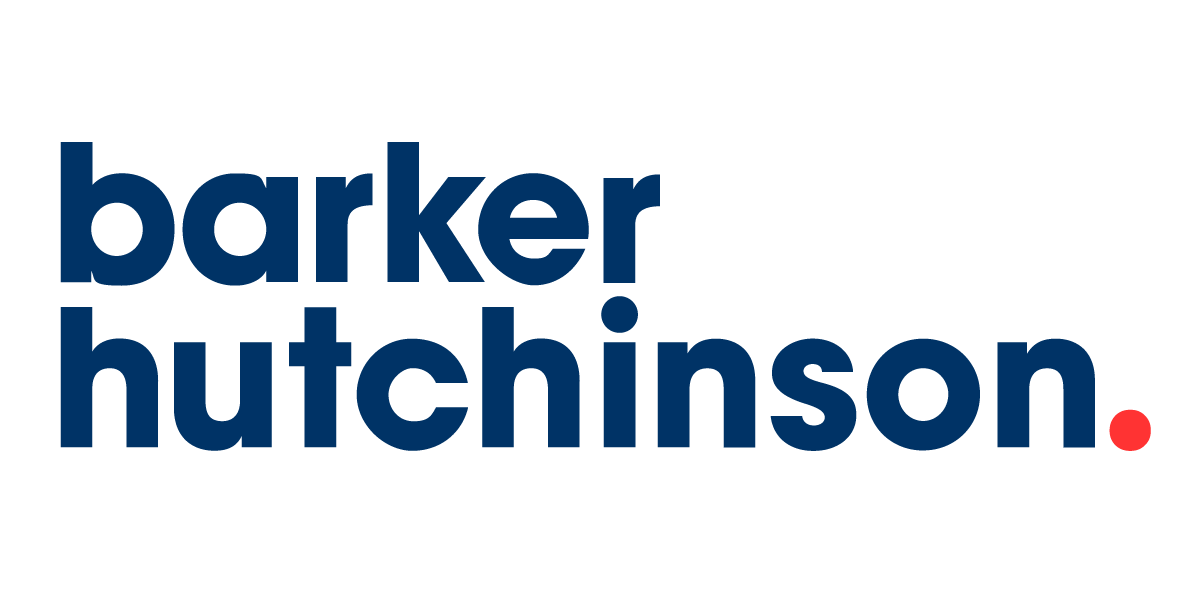– HEALTH REGULATOR
Alternative Dispute Resolution
For efficient regulatory conflict resolution
Seamless Conflict Resolution.
When a complaint is made, it can be time and resource-consuming. You want a quick, fair solution that everyone agrees on. That’s where Alternative Dispute Resolution (ADR) comes in.
Our mediators work collaboratively with the complainant and the registrant to reach a satisfactory resolution. This process is faster and less formal than an investigation and creates a safe space where both parties work together to agree on the best outcome.
At Barker Hutchinson, our mediators guide you through the ADR process. We help those involved reach fair resolutions quickly.
“Barker Hutchinson is a high quality firm that consistently delivers.”
What is Alternative Dispute Resolution and Why Is It Beneficial?
Alternative Dispute Resolution (ADR) is used to resolve regulatory complaints quickly and fairly without a formal investigation.
Instead of going through a lengthy process, a neutral mediator helps both parties come to an agreement. This approach focuses on open communication and finding a mutually acceptable resolution.
ADR is especially useful for cases with low risk to public safety, such as communication issues or minor practice concerns. It saves time and resources, allowing regulators to handle complaints efficiently while maintaining trust and fairness.
Our Areas of Expertise.
We help regulators mediate issues such as:
-
Communication concerns
-
Consent concerns
-
Practice management issues (i.e. wait times and booking appointments)
-
Minor clinical concerns
-
Access to or transfer of medical records
-
Financial issues (i.e. charging for missed or cancelled appointments or for completion of medical records)
Learn how we can help you resolve conflict.
Any Questions?
What types of complaints can be referred to ADR?
Complaints involving a low risk to patient or public safety are typically suitable for ADR when both the complainant and registrant agree to participate in this process.
Communication problems or minor practice concerns are often appropriate, but not all complaints are suitable. We review each complaint to determine its suitability.
How long does ADR take?
ADR typically takes less time than the formal complaints process.
For example, the ADR processes within Ontario’s Regulated Health Professions Act have up to 120 days to reach a resolution, and complaints will be processed through the formal complaint process if the ADR process does not result in a settlement within this time frame. Other jurisdictions have different timeline stipulations.
What are the potential outcomes of ADR?
In most cases, regulators don’t have predetermined outcomes for ADR. Instead, the involved parties craft a resolution by working together toward a fair agreement. Potential outcomes of ADR might include one or more of the following:
- The registrant agrees to take a remedial or educational course related to the issue raised in the complaint.
- The registrant issues a letter of apology to the complainant.
- The registrant agrees to implement changes to improve a specific aspect of their practice.
- The registrant acknowledges the concerns outlined in the complaint and recognizes the impact it has had on the complainant.
- The complainant agrees that no further action is necessary.
These outcomes are designed to address the issues the complainant has raised in a way that promotes understanding, accountability, and positive change.


